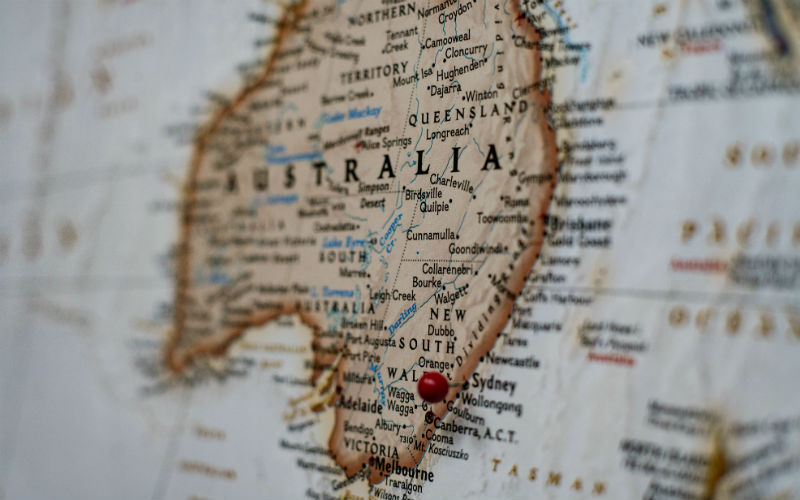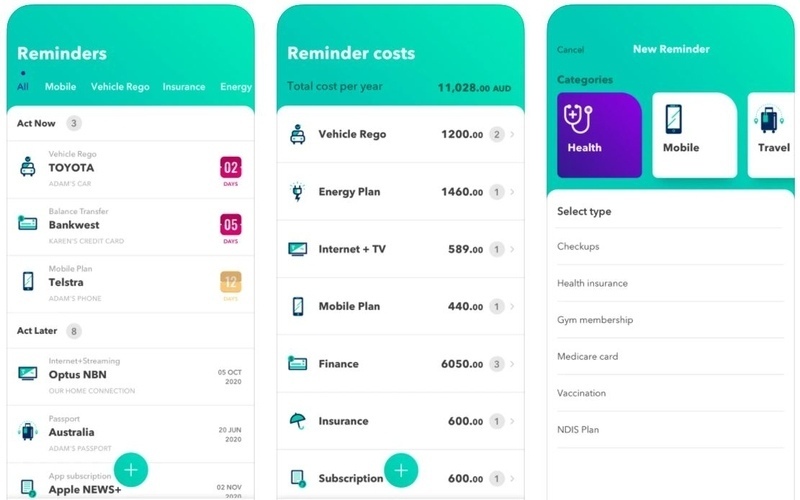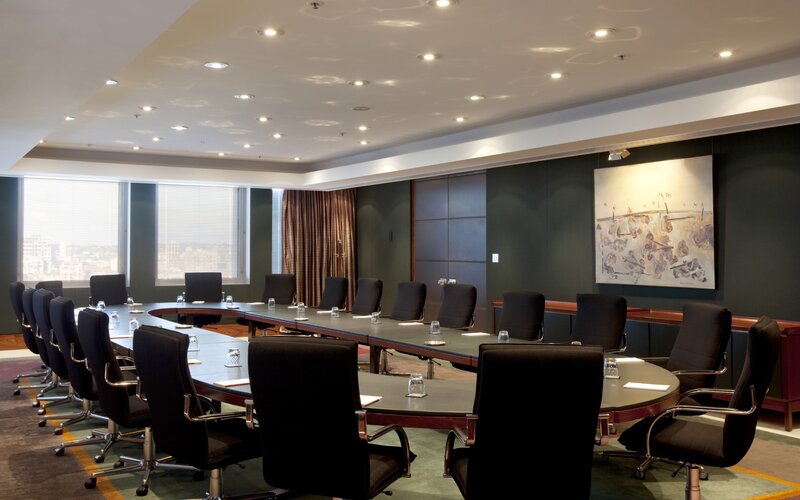In a consultation paper released on Tuesday, the Payments Systems Board (PSB) announced it now believes the surcharging framework is no longer achieving its intended purpose.
"One of the key objectives of surcharging was to provide a price signal to customers regarding the costs of payments and incentivise them to choose lower cost payment methods," the Review of Merchant Card Payment Costs and Surcharging Consultation Paper reads.
"However, the framework has become less effective due to a decline in consumers cash use, the prevalence of single rate payment plans among merchants and the difficulty of enforcing surcharging rules."
It is recommending removing surcharging on all designated debit, prepaid and credit card systems, which means lifting the current ban on "no surcharge" rules.
That means Mastercard and Visa (including Debit and Prepaid) and eftpos and eftpos prepaid.
According to the RBA, Australian consumers currently pay around $1.2 billion each year in card surcharges.
Is this a surcharge ban?
At the moment this is all just part of a review process into the efficiency of the payments system.
The RBA has several powers it can exercise in regulating the payment system, which includes lifting the "no surcharge" ban, but this hasn't officially happened yet - there will likely be more rounds of consultation between the various stakeholders before anything concrete happens.
It's important to note that wouldn't be a ban on surcharges, but would allow the likes of Visa and Mastercard to get rid of them.
It would also open the doors to the government formally banning surcharges in future.
Won't prices just go up?
While surcharges can seem pointless and arbitrary, it's effectively paying for the service provided in transferring the money from the customer to the business.
Even with no surcharge, this service is still being provided, and so there have been concerns raised that surcharges would simply be included in the price of goods.
To mitigate this, one of the other recommendations from the Payments Systems Board is also to lower wholesale card payment costs by lowering caps on domestic interchange fees.
That means lowering the maximum fees that banks charge one another when a card is used in a purchase - fees that are generally passed on to the business.
The RBA also wants to cap the interchange fees on foreign card transactions, as well as increase the transparency of card payment costs to help payment service providers and merchants shop around for the best deal.
Who isn't on board?
You might think this would be broadly welcomed by most Australian consumers, but there remains a portion of the population opposed to abolishing surcharges.
The Cash Welcome campaign to protect the right of Aussies to use cash currently has over 200,000 signatures on its change.org campaign, and its founder Jason Bryce came out last year opposing any ban on surcharges.
"A ban on card surcharges threatens to lumber all of us with additional hidden fees and charges," Mr Bryce said.
He says banks and companies like Visa and Mastercard are pushing for a ban on surcharges so the fees can be hidden from customers.
"A ban on card surcharging effectively means that costs are absorbed into all retail prices and paid for by all consumers, including people who pay with cash."
Several retail groups have also pointed out that this would likely mean further costs are pushed onto small businesses lest they pass it on to the consumer.
Picture by Yoco Photography on Unsplash

Ready, Set, Buy!
Learn everything you need to know about buying property – from choosing the right property and home loan, to the purchasing process, tips to save money and more!
With bonus Q&A sheet and Crossword!
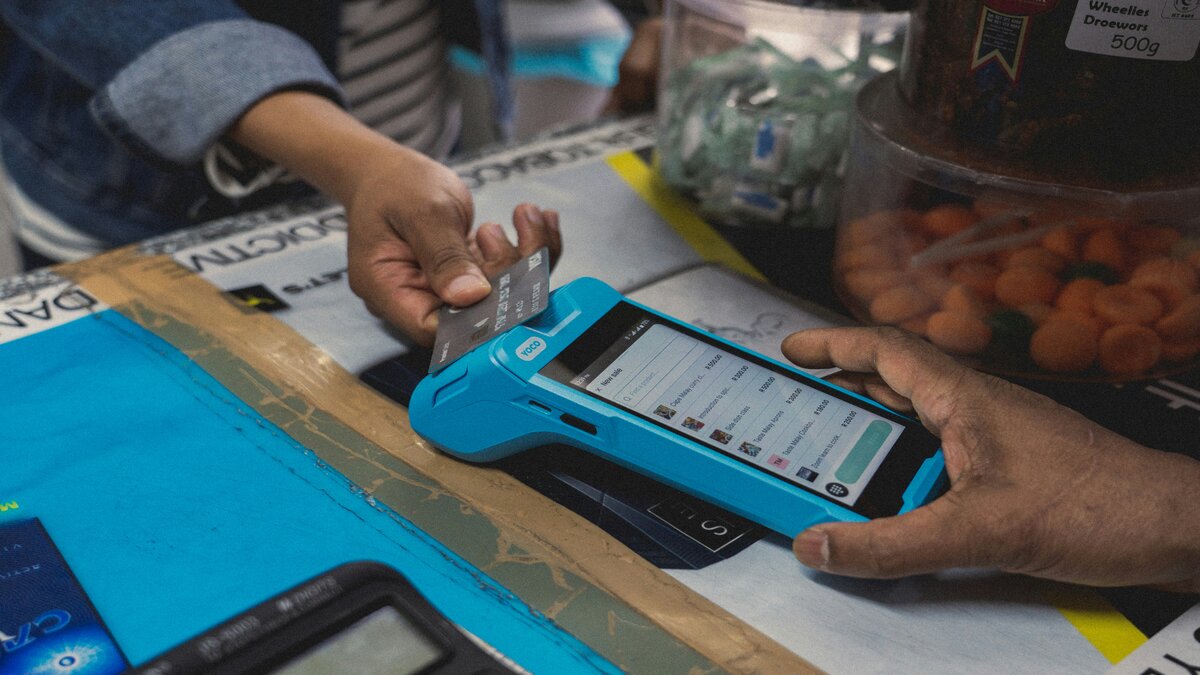


 Harry O'Sullivan
Harry O'Sullivan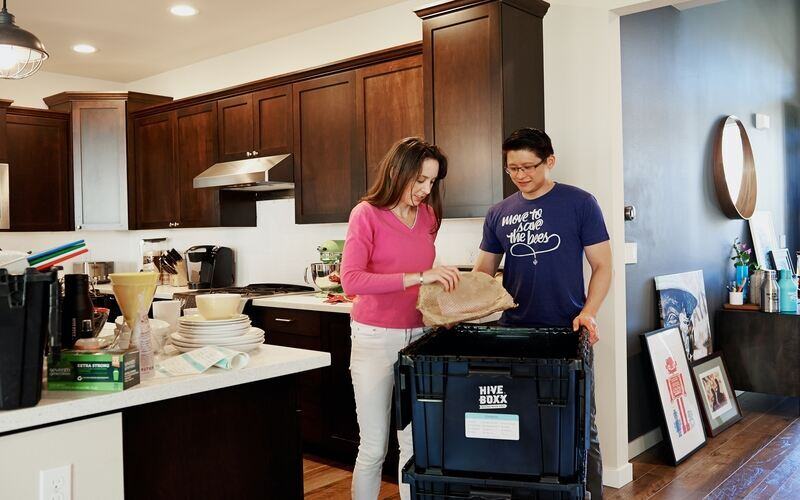
 William Jolly
William Jolly




